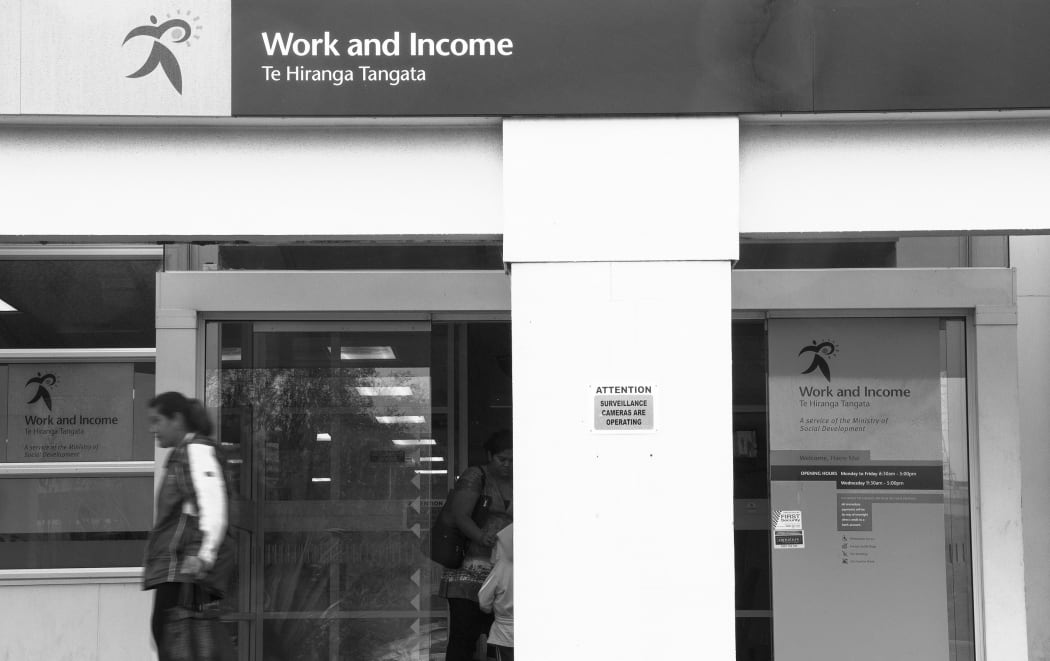New Zealanders on the benefit feel dehumanised, intimidated and publicly humiliated by the country’s welfare system, a report says.

Photo: Supplied
A Community Law investigation looking at the legal needs of people on benefits found many had an overwhelmingly negative experience with Work and Income, citing problems like a lack of privacy, intimidating attitudes of staff, and being treated as “non-human”.
The latest Ministry of Social Development (MSD) figures show 284,260 New Zealanders are receiving a main benefit and about 17 per cent of those are aged 18-24.
The report is based on 21 interviews with representatives of agencies involved in the benefit system, and 29 interviews with people on benefits.
“Beneficiaries are uniformly scared stiff of the Department (Work and Income). The department's got the axe above their head,” said a lawyer in the report.
“They've got huge power over these people, power of the most basic rights, food, clothing and shelter… you’re immediately completely disempowered.”
Interviewees described how they felt belittled and degraded when visiting WINZ offices, with one saying they felt physically sick.
“Your stomach churns and you literally feel sick … I hate it with a passion. I hate it. I hate going there, I hate dealing with the people, I hate everything about it, I hate ringing them. It’s degrading...”
Other participants described problems with WINZ offices including no toys for their children to play with, having to stand in long queues, and no toilets available for use. In the report, an MSD case manager suggests the offices are deliberately designed that way.
“… they don’t make it super nice because I guess the government doesn’t want to be seen to be making the environment nice.”
Complaints about the lack of privacy also featured strongly in the report.
“There’s that whole process where you’re not seen as a person...we’re treated as non-human.”
Interviewees said they have to explain the purpose of their visit at reception, in front of others in the waiting room, and then repeat it in an open plan office to a case manager.
One person said they felt “publicly humiliated” by not having access a private interview room and another described feeling dehumanised by the lack of privacy.
“You stand in the queue and there’s three or four ahead of you, and as they’re going down you can hear it ... there’s that whole process where you’re not seen as a person...we’re treated as non-human.”
A Wellingtonian, who has been on benefits on and off for five years, said the power imbalance between individual beneficiaries and WINZ is also a problem
“It’s always a bit nerve-racking because they have the power to take the benefit off you if they want,” says the 25-year-old who doesn’t want to be named.
While the staff are usually polite and helpful, sometimes they can be patronising, he said. After leaving work due to illness, he remembers WINZ staff dishing out advice on how to deal with the anxiety.
“They’re not my doctor or my counsellor so it’s quite frustrating when they try and give advice about that stuff.”
The Community Law report also suggests that the issues faced by beneficiaries mean some would rather get help from other agencies, like food banks and mayors’ welfare funds, than deal with WINZ.
“WINZ is shocking. I’ve even not just bothered going in there because I know how much stress it can be. I’d rather go to [the food bank] and get a food grant from them than going to WINZ and dealing with that stuff.”

